Tech commentator warns new H-1B visa fee “may break backbone” of U.S. firms
Deedy Das warns proposed H-1B visa fee hikes and restrictions could harm U.S. tech firms by raising costs and limiting access to skilled global talent.
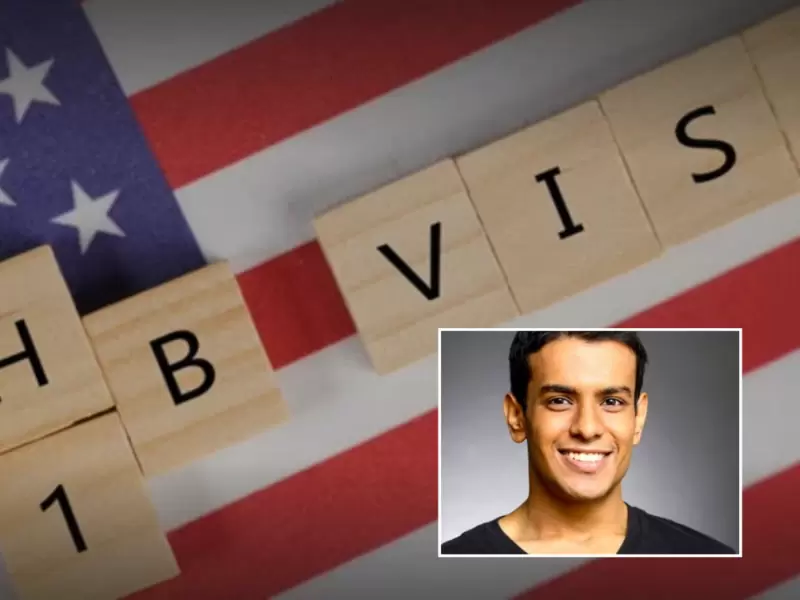 H-1B Visa and (inside) Deedy Das / iStock, X
H-1B Visa and (inside) Deedy Das / iStock, X
Indian-American tech commentator Deedy Das has cautioned that the proposed changes to the United States’ H-1B visa program could significantly disrupt the American technology industry.
In a post on X, Das said the planned hike in visa fees and tighter restrictions may “break the backbone” of U.S. firms that rely on skilled foreign workers. He argued that higher costs could deter companies, particularly smaller firms and startups, from sponsoring international talent.
Das noted that the new measures could reduce the mobility of skilled professionals, shrinking the pipeline of talent critical for innovation and growth in sectors such as software and engineering. “The increased costs and barriers will discourage both employers and employees,” he warned.
I know there's been a lot of criticism and commentary on the H-1B under the narrative of taking jobs from Americans. I also know people will read into my view as the tech / immigrant view, but hear me out:
— Deedy (@deedydas) September 19, 2025
— Yes, I'd say about 25-50% of H-1Bs are abused by IT consultancies that…
While acknowledging the flaws of the H-1B system, Das argued that a modification of the process would have been more beneficial than increasing visa fees. "I'm sympathetic to flaws of the H-1B, but a blanket $100k 'tax' is using a hammer to screw in a nail. Instead, the program should be modified to reduce abuse while continuing to make America an attractive destination for the best global talent.”
The H-1B visa program has long been a cornerstone of the U.S. technology workforce, with Indian professionals making up a large share of recipients. The program enables companies to fill gaps in specialized fields while also strengthening economic and cultural links between India and the U.S.
Also Read: H-1B visa fee hike could disrupt Indian IT operations: Nasscom
Industry experts and commentators have echoed similar concerns, arguing that the proposed changes could weaken America’s competitive edge in innovation. Supporters of the reforms, however, say they are aimed at protecting domestic workers and ensuring fair opportunities.
Das’s comments add to the growing debate on the future of skilled immigration in the U.S. at a time when policymakers are reviewing visa frameworks and their impact on the economy.
ADVERTISEMENT
ADVERTISEMENT
E Paper
Video




1759163132.png) Anushka Pathak
Anushka Pathak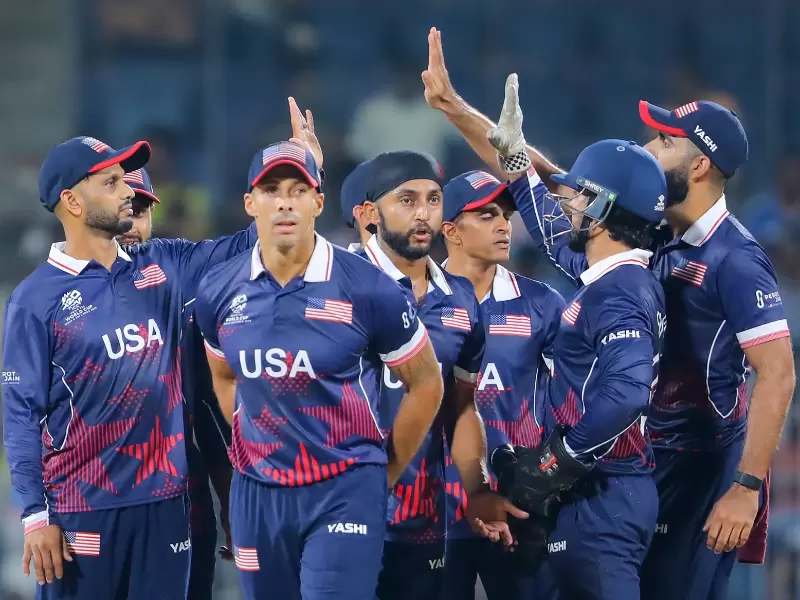

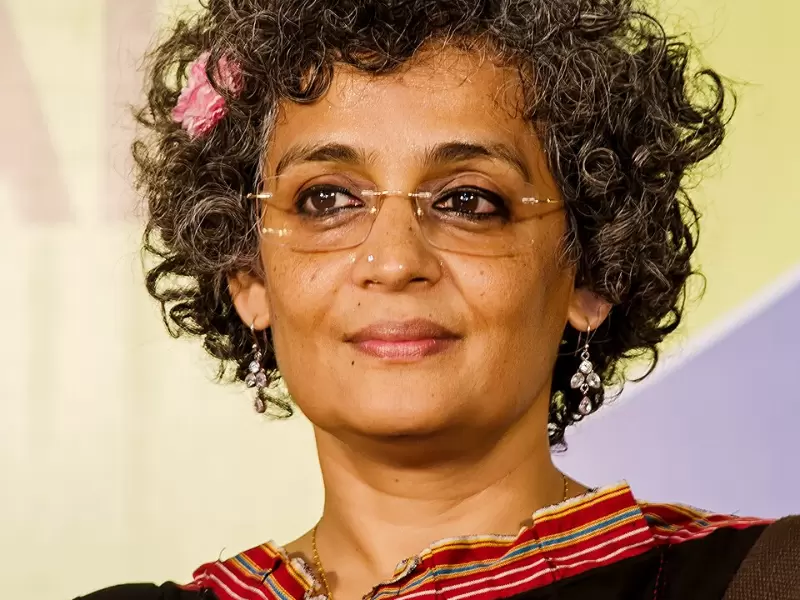
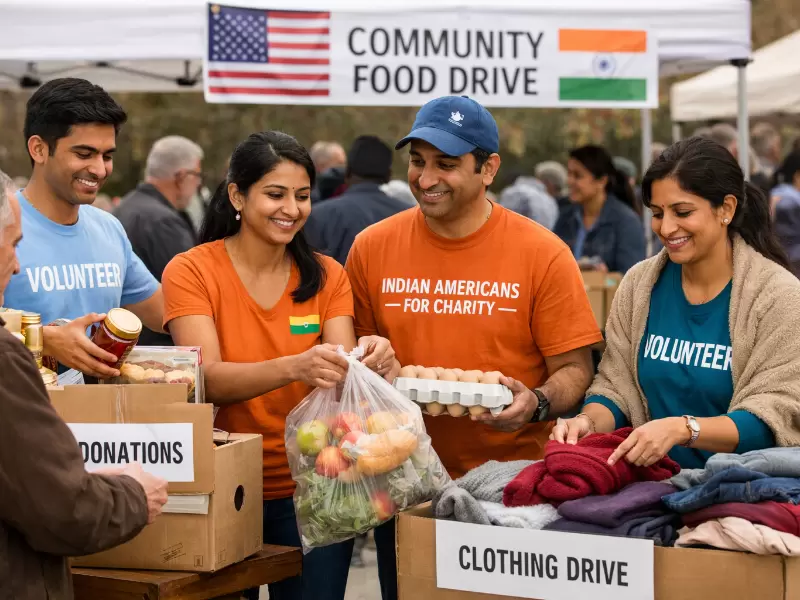
.png)

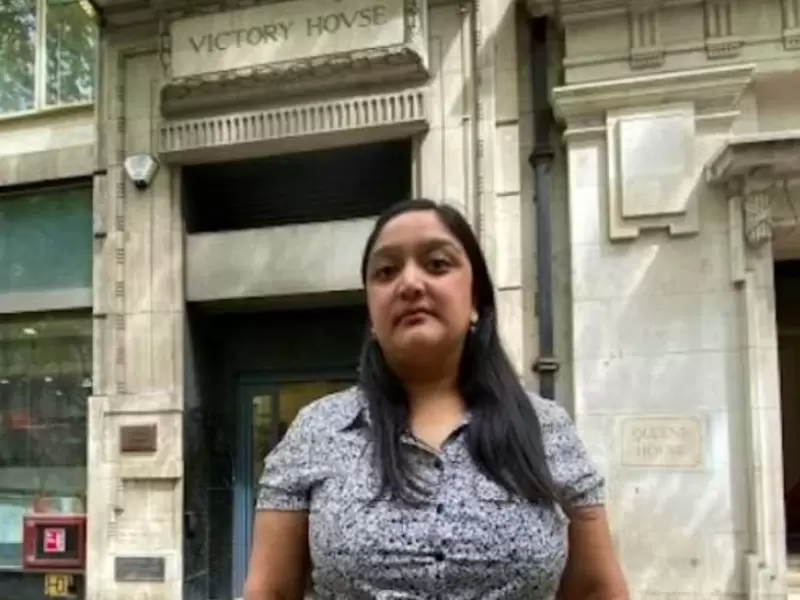
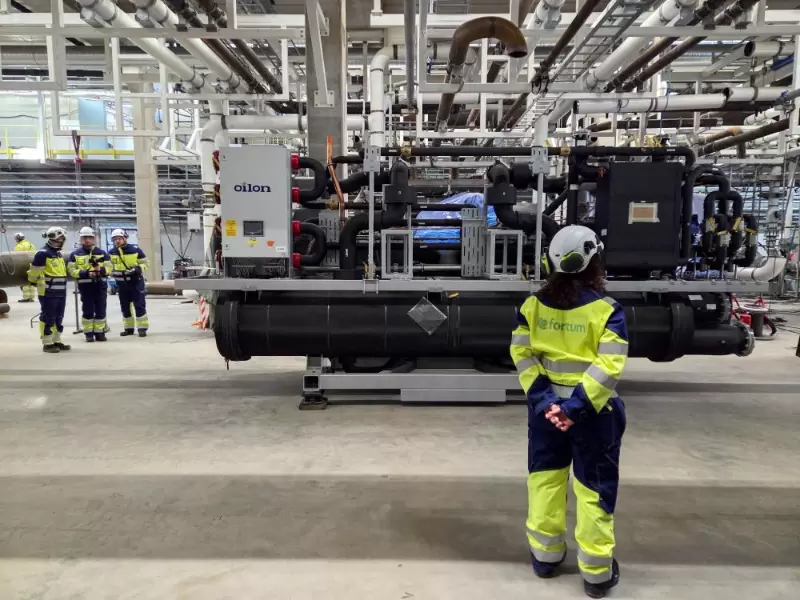
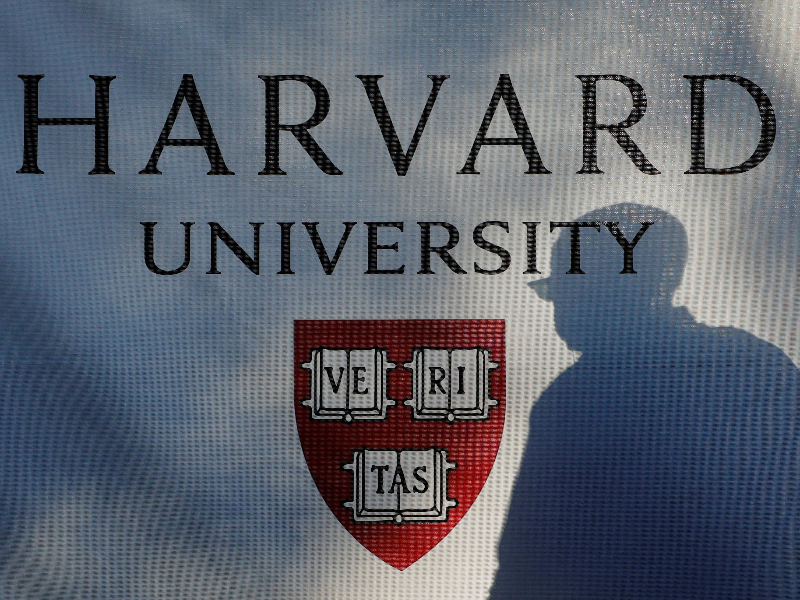
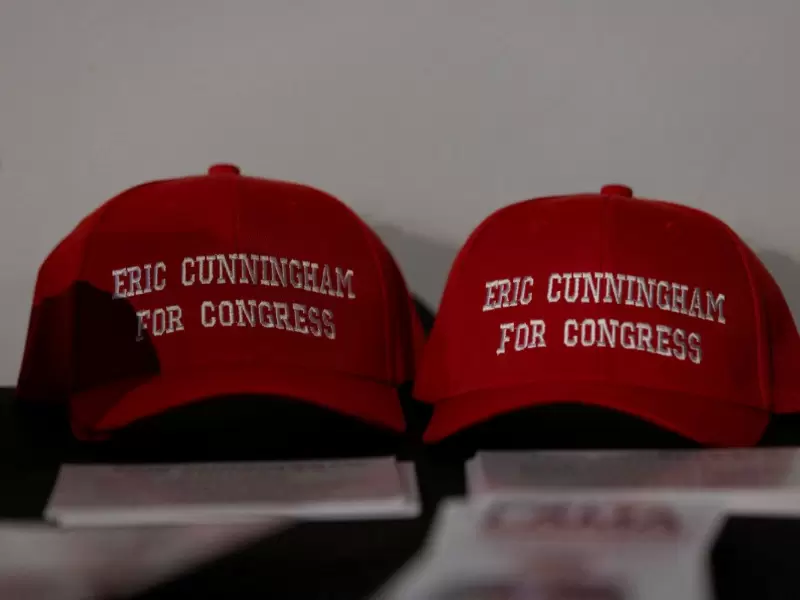
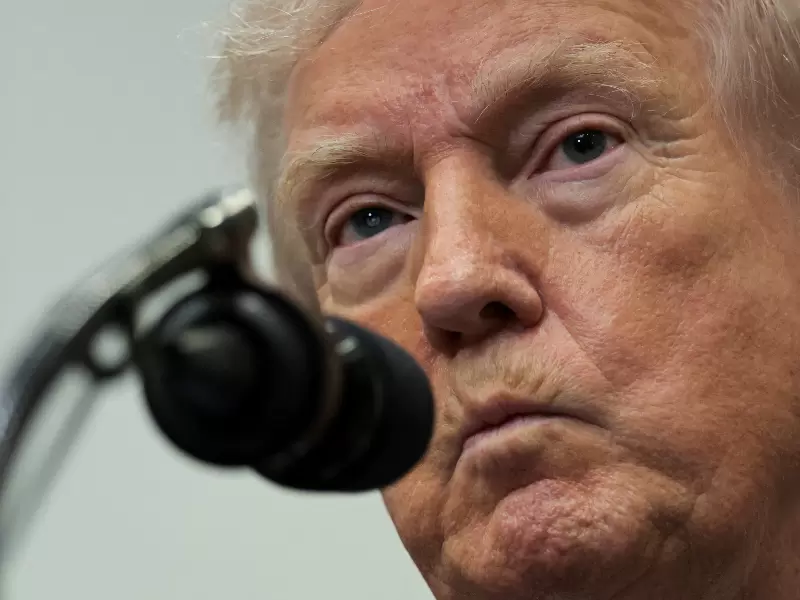



Comments
Start the conversation
Become a member of New India Abroad to start commenting.
Sign Up Now
Already have an account? Login